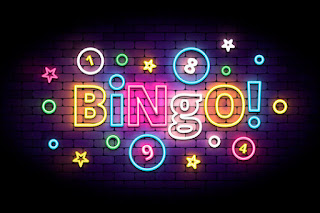Show them the success part 1 - a means of motivation
Back when I was a new teacher, I was having trouble motivating a class. My very wise mentor, Chris Campbell, told me to show them the success . I started doing this, and I noticed engagement go up, behaviour improve and students progressing. Now showing students their success can take many forms: displays of great work; cascading good practice through precise praise; messages home; feedback; peer reviews; and so on. I'll do blog posts about some of those at other times. What I want to write about here is showing them success over time . You might call these progress passports, or assessment trackers, or success sheets . Whatever you call them, the essential part is it's a sheet that is easily accessible to students where they record their marks from assessments. Rather like this: For those classes using exercise books, I have them glue it in the inside front cover; for those using Chromebooks, I have them pin it onto their bookmark bar. Over the course of the year, this beco...
.jpg)




